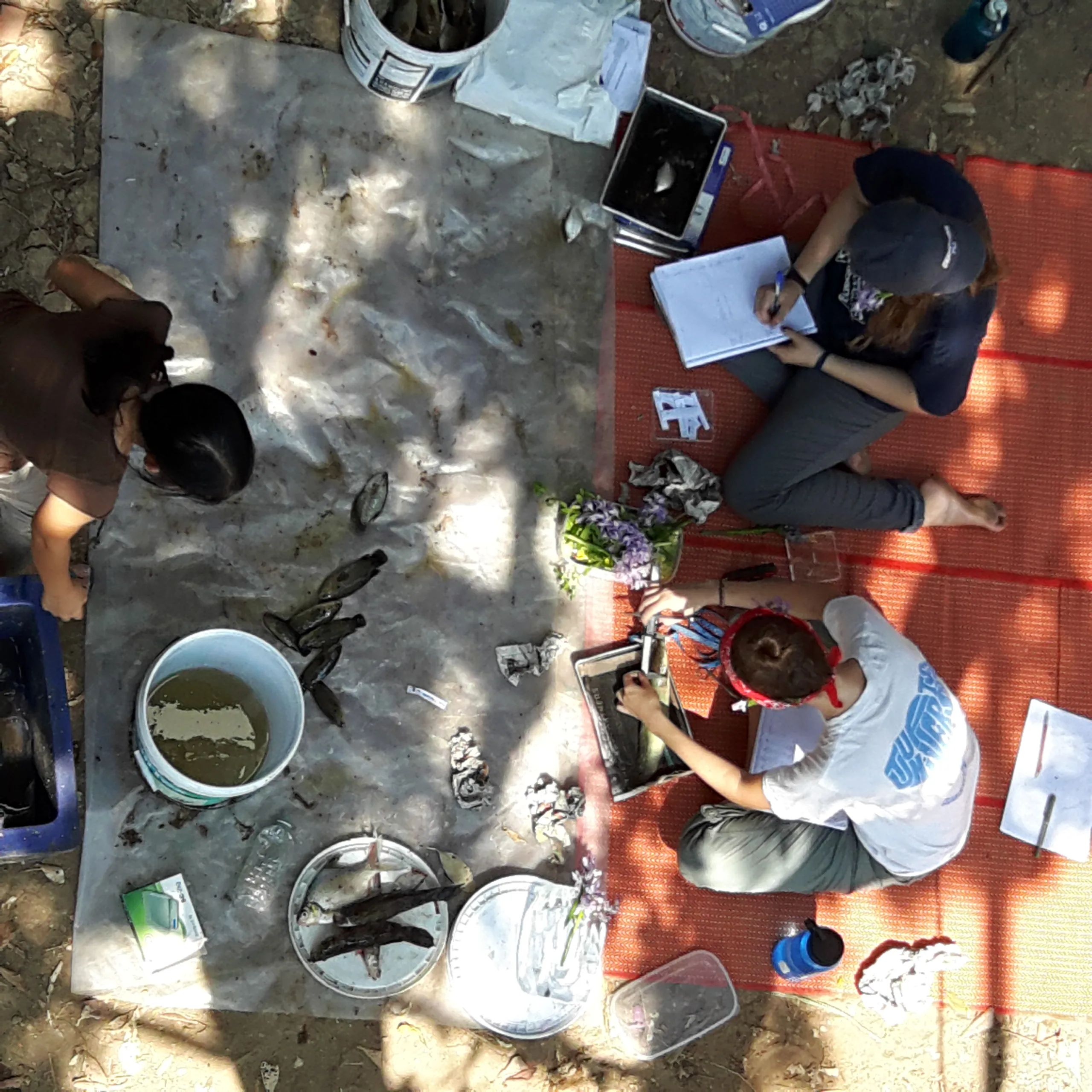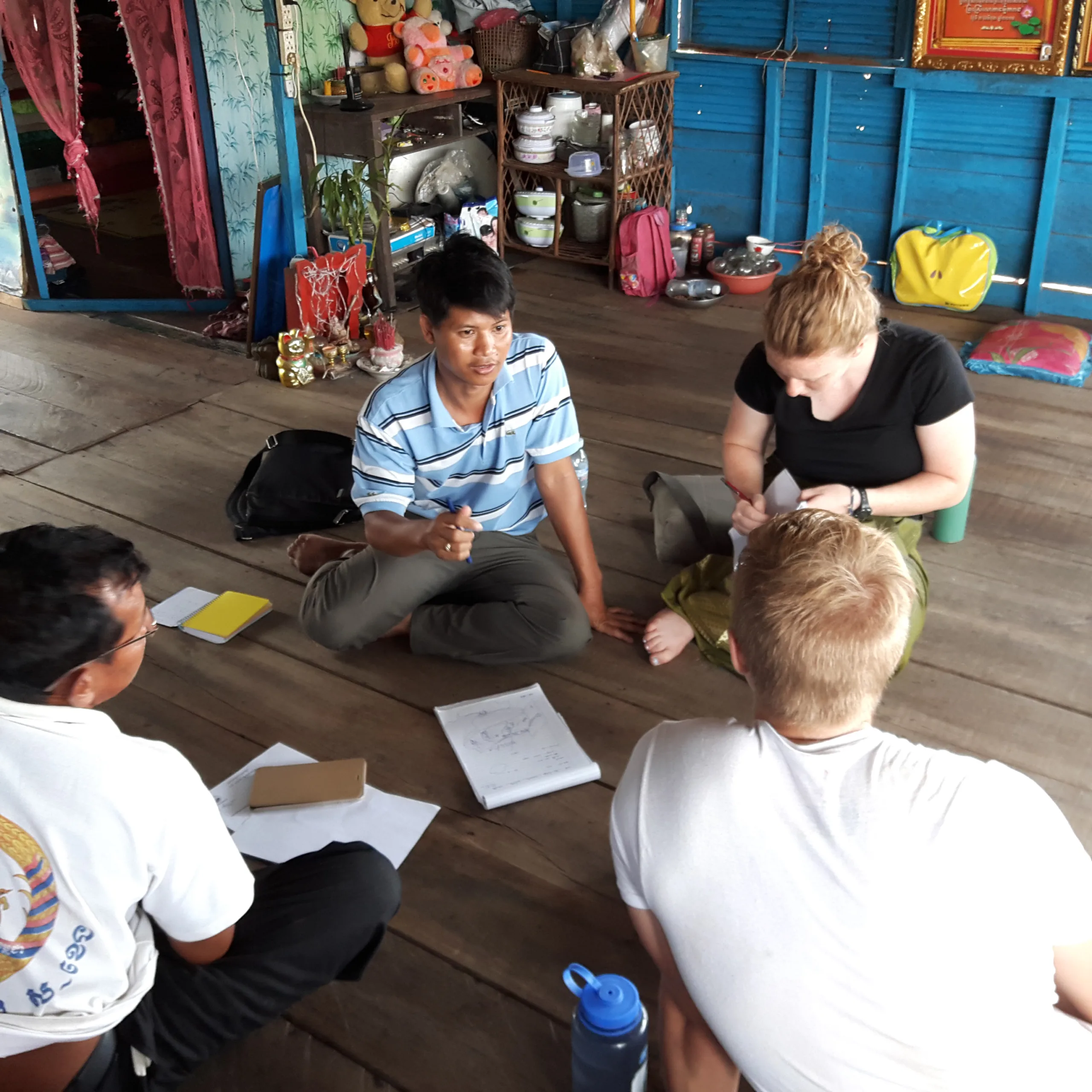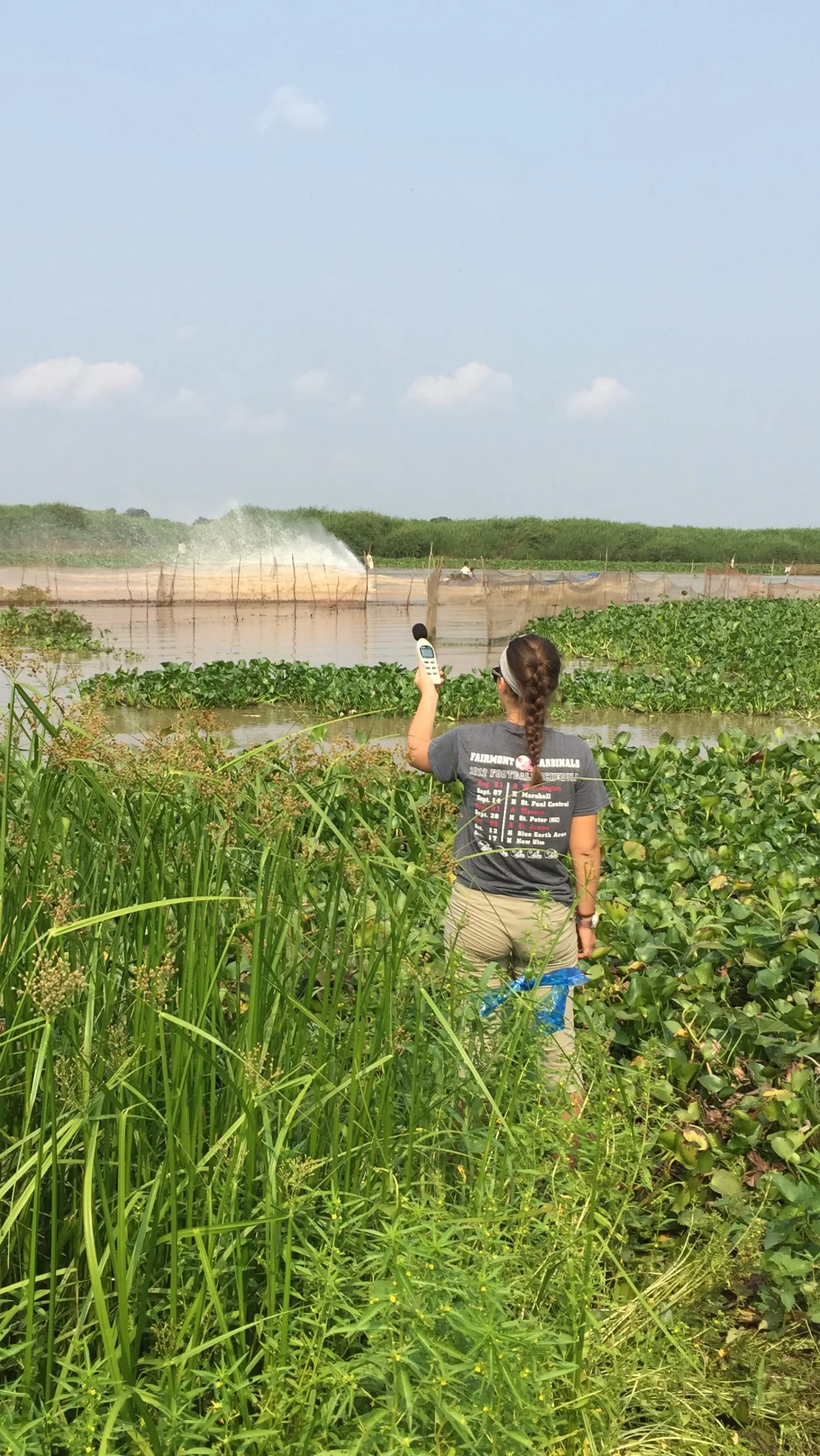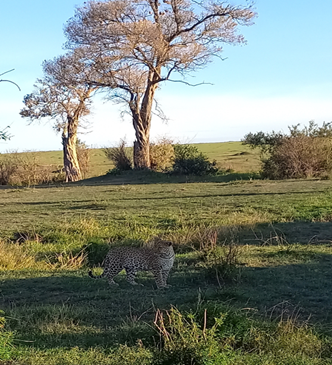Conducting Original Research in Rural Settings of Cambodia
What are the risks and the return on investment of crocodile farming? What are the potential impacts of boat noise pollution on villagers? How does seasonal hydrology influence fish assemblage and fish morphological diversity? What is the extent of community participation in resource stewardship and access to natural resources? What are the mechanisms for dissemination of environmental education? What are the differences between traditional medicine and biomedicine usage among local communities in a National Park? These are some of the research questions that students at the SFS Center for Mekong Studies are seeking to explore and investigate through quantitative and qualitative research during their last four weeks of the semester.
This process is one of the most rewarding for students in the SFS program. For the majority of them, this is their first time conducting an original research project which they collect first-hand information for in the field. Upon completion of their research, students will have learned how to develop research questions, set hypotheses, conduct a literature review, apply research protocols, design various data collection techniques, manage and interpret data, and write a scientific paper. Throughout the process, students receive direct feedback from their respective advisors who are experts in the field of the subject studied.
This process, however, is also one of the most challenging. At the SFS Cambodia program, students spent 10 days collecting data in rural villages in the Tonle Sap Biosphere Reserve and Phnom Kulen National Park, where there were very basic amenities. While in the field, students not only learn the different techniques of data collection, such as fish species identification and interviewing skills, but also have the opportunity to experience local lifestyles and partake in local daily practices, such as taking cold bucket showers, sleeping in mosquito nets to keep out the tokay geckos, or using squat toilets.
The final step of the DR process is to communicate research findings to diverse audiences. Our students have the opportunity to meet and present their research findings to local partners whom SFS’ CMS collaborates with and has done so since our establishment in Siem Reap. The findings from the student’s studies contribute to a corpus of knowledge and information on subjects that are relevant and important to the Cambodian people. The SFS’ Center for Mekong Studies has been working closely with local partners such as Ministry of Environment, Wildlife Conservation Society, and Archeology and Development Foundation in developing and refining research questions. Currently, we are focusing our research on three areas where there have been major knowledge gaps that need to be filled: livelihood and environment interfaces, aquatic ecology and biodiversity, and natural resource governance and management in Cambodia.



Related Posts

Restoration on a Cinder Cone: A Syntropic Story

Camila Rojas: Alumni Spotlight⭐
